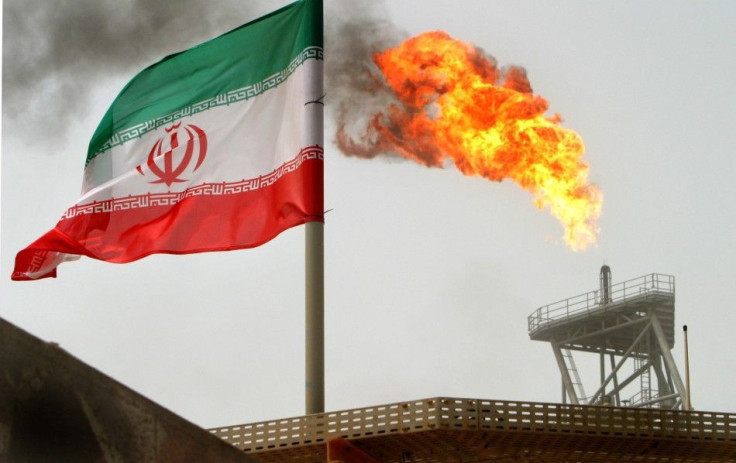Oil Prices Touch Nine-Month High Following Iran Tension, Greece Bailout Approval and China’s Reserve Ratio Cut

Oil traded near the highest price in nine months following expectation of increasing demand as eurozone finance ministers agreed on a rescue package for Greece.
Eurozone finance ministers agreed on a deal Tuesday to offer Greece with a 130 billion euro ($170 billion) bailout package which meant that the country can now escape the deadline of March 20 when it needs to make repayments on a 14.5 billion euro bond.
Oil futures for March delivery, which expire Tuesday, advanced as much as $2.20 to $105.44 on the New York Mercantile Exchange. Brent oil for April settlement was at $119.90 a barrel, down 15 cents, on the ICE Futures Europe exchange.
Another reason fuelling the price rise was that Iran announced that it halted oil exports to the UK and France in reply to European Union's decision to ban purchases of Iranian crude that were planned to begin in July. However, the UK gets only about 1 percent of their oil from Iran while France gets only about 3 percent from there, which Iran's announcement will likely have minimal impact on supplies.
European Union governments agreed last month to halt oil purchases from Iran, which is the second-largest producer in the Organization of Petroleum Exporting Countries, after Saudi Arabia. European Union buys about 18 percent of Iran's total crude exports. Western nations, including the U.S., have alleged that Iran is building a nuclear weapon, a claim which Tehran has denied.
Last week, it was reported that Iran warned the six European Union nations - Italy, Spain, Portugal, Greece, France and the Netherlands - about cutting exports to them.
Going by the state-run Fars News Agency, Iran was to end sales of crude to the six countries unless they agreed to long-term contracts and payment guarantees. Crude buyers globally are being pressured by the West to reduce Iranian imports.
Oil prices also rose on China's decision to boost the money supply in a bid to spur lending and economic growth. China's central bank said Saturday it would lower the ratio of funds that banks must hold as reserves, a move that will free billions of dollars.
© Copyright IBTimes 2024. All rights reserved.





















